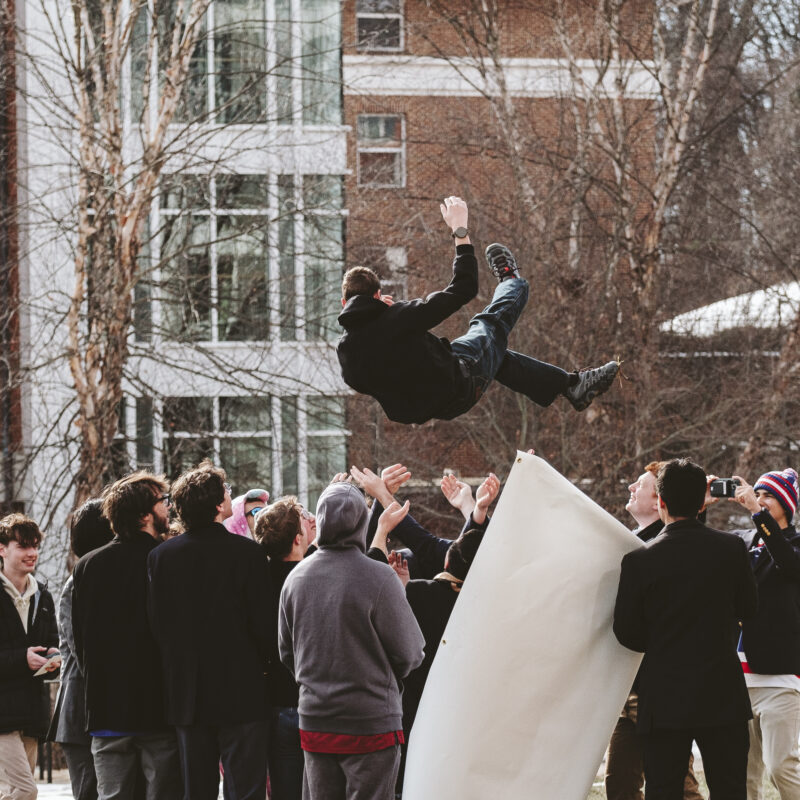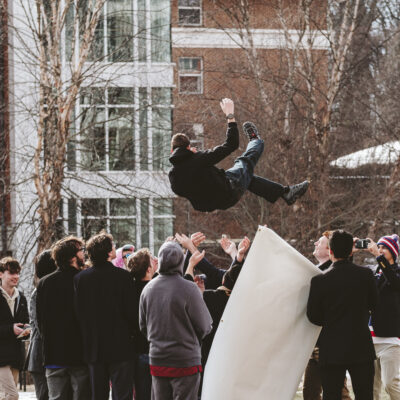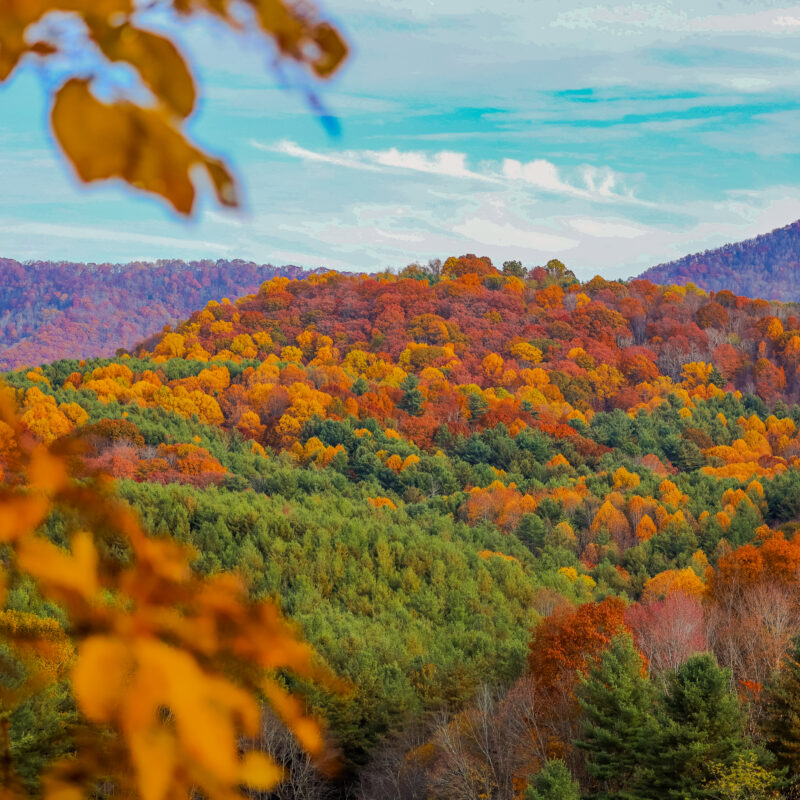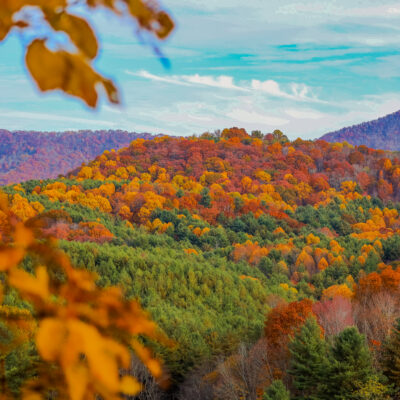Recently released from the University of Georgia Press as part of the Virginia Quarterly Review’s Poetry Series is John Casteen IV’s For the Mountain Laurel. Casteen is a Ted Genoways cohort who caught some shrapnel in the recent VQR controversy when some insinuated that his poetry was only published because Casteen’s father was UVA’s president. But read the new collection from Casteen, a Sweet Briar College professor whose work has appeared in the Paris Review and Ploughshares, and you’ll realize the gossip is groundless: These poems pretty much kick ass across the board.
|
John Casteen’s new collection of poetry from the VQR Poetry Series, For the Mountain Laurel, is a stirring exploration of where human nature and nature-nature intersect. |
Much of the pleasure of this collection lies in how it reintroduces the reader to the outside. Casteen unlocks the natural world with perfect, precise phrases about, for instance, being cold: “here, wind treats you / like a short cut,” or being up early with “dawn dropping its hammer,” or watching the weather, “the way snow arrives & arrives all afternoon.” He cracks open the seasons: “May spills its banks,” he writes, “March shakes out its apron.” And in doing so, he enamors you with them all over again.
“That’s Why They Call It Hunting” is a numbered list of directions for the novice hunter. The advice is plainspoken and thrilling, as if it’s being whispered from someone hovering over your shoulder as you cautiously raise a gun for the first time. “5. You don’t want to hurt it. You want to kill it,” he writes. “9. You give yourself away by contrast to everything else / 10. Act like everything else.”
“Everything else,” in this context is, of course, the wilderness, as if it were possible to access a part of yourself that would render you placid as trees. It’s a tricky, wonderful idea that caused me to put the book down and savor the thought. Like a catchy piece of music, you’ll want to play other poems over and over in your head, just for the beat: “Night breaking, bells in fog, in darkening degrees— / daylight locked and loaded, we imagine we imagine. / Runnels of tide score the breakwater, an aria.”
The wisdom in Casteen’s work isn’t limited to mountaintop reflections. Elsewhere, he is restrained, but with an underlying combustibility. In the poem “Innocent,” he talks about receiving a menacing phone call from a neighbor who thinks he’s been wronged. The calm language is rife with violence between the lines, anger on a hot night. “In his voice I can hear the tight curl and slip / of a copperhead snake, tail-first in the mailbox.”
In all, For the Mountain Laurel pulses with crazed life. Casteen writes of burying a dog, of “the surge & glut, the torsion / & flexion” of making love, and in “Bird-Teasing after the Hurricane,” of lying naked outside after a summer storm, tricking the birds into thinking he’s dead, only to howl at them as they fly away.
/JohnCasteen.jpg)





